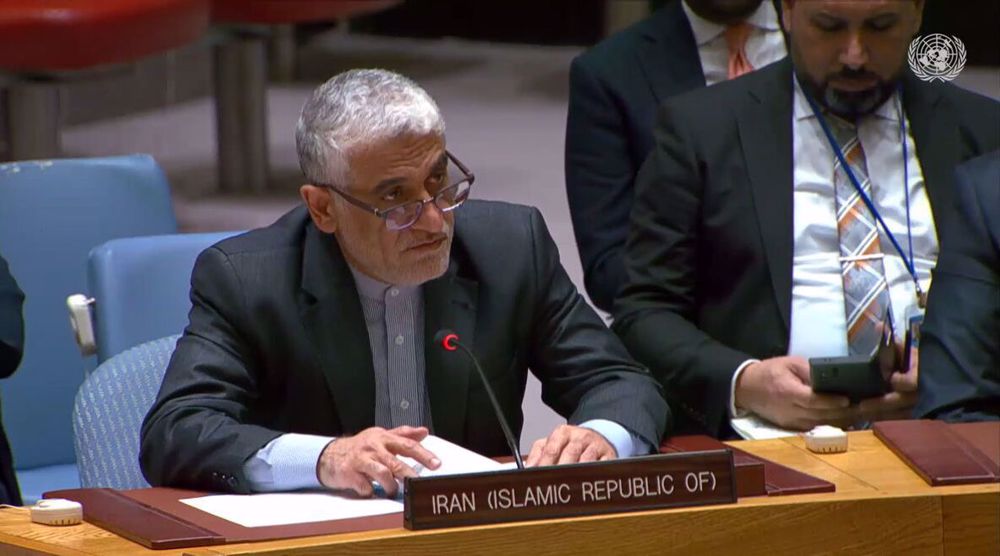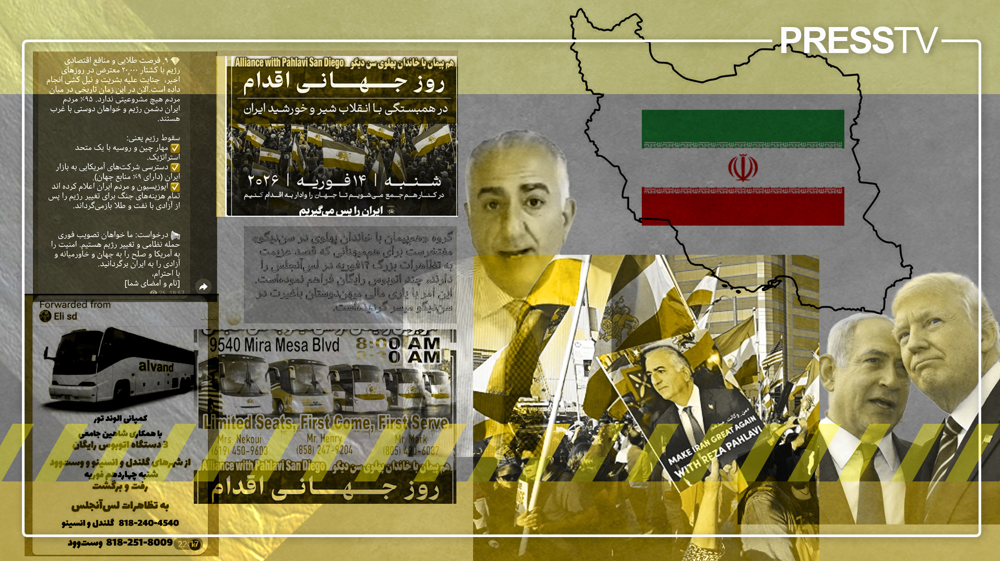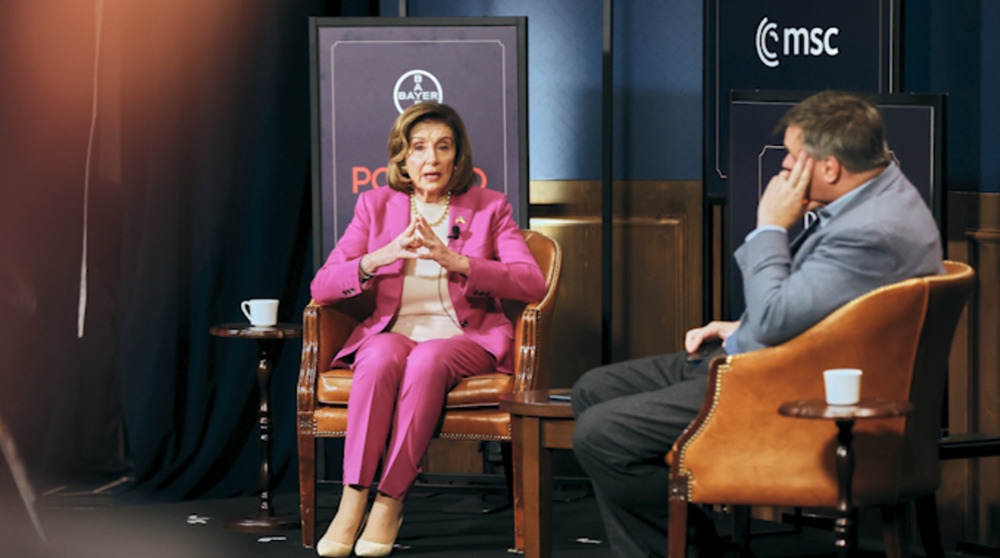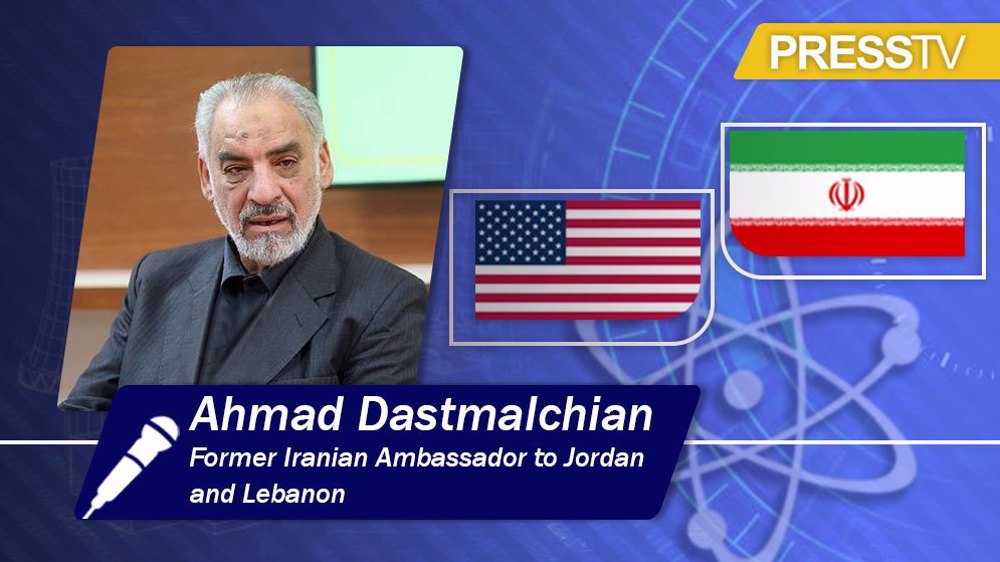Iran's envoy to UN warns of growing chemical weapons threat from terrorist groups
Iran's permanent representative to the United Nations Amir Saeid Iravani has expressed "deep concern" over the threat of terrorist groups acquiring chemical weapons.
Speaking at a United Nations Security Council meeting on "The Situation in the Middle East: (Syria – Chemical)" in New York on Thursday, Iravani called for enhanced "international cooperation" to address this escalating threat to global peace and security.
Iravani emphasized the need for global collaboration, stating, "The Islamic Republic of Iran is deeply concerned about the threat posed by terrorist groups acquiring chemical weapons and stresses the necessity of stronger international cooperation to counter this danger for global peace and security."
He reaffirmed Iran's support for continued "constructive dialogues" between Syria and the Organization for the Prohibition of Chemical Weapons (OPCW), noting, "This approach is vital to ensure transparency, accountability, and to resolve all outstanding issues."
Iravani further highlighted Iran's commitment as an active member of the OPCW, stressing the need for the organization's "independent, professional, and unbiased" efforts, particularly regarding the fulfillment of member states' obligations concerning Syria.
"As a great victim of chemical weapons," Iravani stated, "the Islamic Republic of Iran strongly condemns the use of chemical weapons by anyone, anywhere, and under any circumstances," urging the international community to take all necessary steps to prevent the recurrence of such atrocities.
During the 1980-88 Iran-Iraq War, the Iraqi army repeatedly deployed chemical weapons against Iranian soldiers and civilians, resulting in tens of thousands of immediate deaths and leaving many more to suffer long-term effects.
Two Dutch firms, Melchemie (now Otjiaha) and Forafina Beleggingen (formerly KBS Holland), supplied Iraq with chemicals between 1982 and 1984, fully aware that their substances were being used to produce mustard gas, according to Iranian victims of chemical weapons.
The victims are now suing the companies for their role in providing the materials that fueled Iraq's chemical warfare.
Anti-Iran ‘Munich circus’ shows Europe has lost geopolitical weight: Araghchi
Swiss to act as venue of next round of Iran-US talks: Report
Report: Over 50,000 soldiers fighting in Israeli military hold foreign citizenship
Danish PM warns US attack on Greenland would spell end of NATO
Power running out at key Gaza hospital, ICU patients at risk: Report
VIDEO | Press TV's news headlines
‘Speaking truth is her crime’: Netizens rip into European allies of Israel for targeting Albanese
Russia reaffirms support for Iran’s sovereignty amid rising US threats










 This makes it easy to access the Press TV website
This makes it easy to access the Press TV website